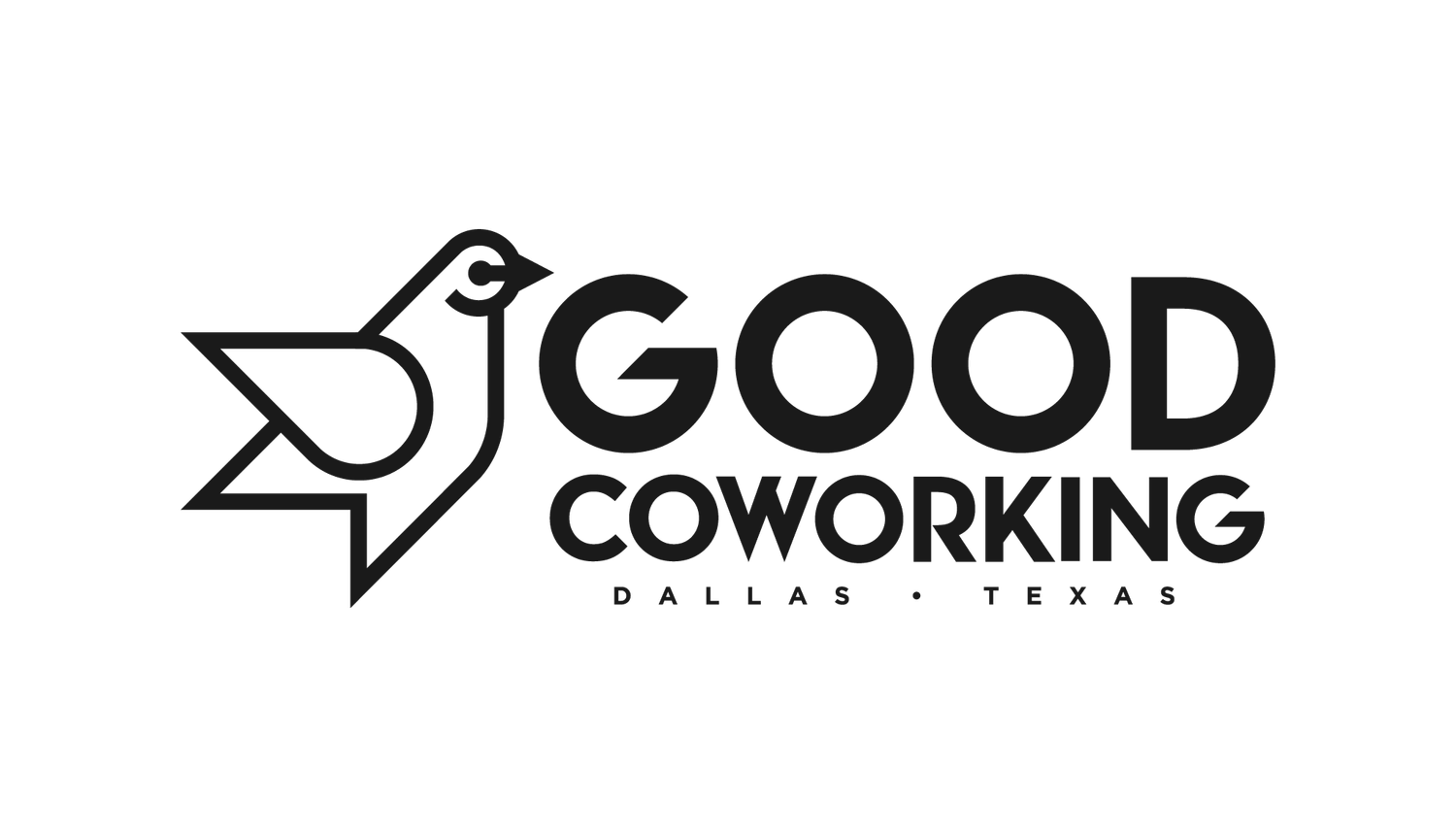Founder’s Story: Benjamin Vann’s “Why” - Part Two
First Impact Ventures Cohort 2019-2020
Let's talk about the challenge around your mission of building generational wealth when there has been such a wealth gap in communities of color.
How do you talk about this wealth gap?
Great question. Honestly, it's the most ignored and dangerous issue that our country is facing right now and it's in stealth mode. A lot of people say that rich is loud, and wealthy is quiet, and that's actually a true thing. So when we talk about wealth, we talk about the assets - the things you might not see publicly, but wealth is also leverage. To be able to do other things in your life, like buy a home, buy stock - any other type of investment opportunity to build future capacity for families and for communities. What we've seen is black and brown communities that have been historically excluded from wealth building opportunities.
In our country, the two most viable ways to create wealth have always been foundational - home ownership and entrepreneurship. And because of policies like redlining, discriminatory practices towards granting black and brown the ability to move into upwardly mobile neighborhoods. We've seen over time that this has unleveled the playing field when it comes to that opportunity, so home ownership has not always been the best short term way to build wealth. But, when we talk about entrepreneurship, these same communities have always been entrepreneurial in terms of just survival and resourcefulness - all the qualities that you'd see in a great entrepreneur. However, when we talk about the policies and practices, there have been lots of places where entrepreneurs and small business owners that are minorities, typically can't grow at the same scale as their white counterparts.
So for us, we look at it as how can we improve the household income of the individual first, through the ownership of the business? I watched my father raise a family of four kids in a house on $10/ hour and had multiple businesses to subsidize the lack of income. We saw high unemployment rates with him working in the manufacturing industry where they would outsource jobs to other countries. So these drivers, underemployment, underemployment asset poverty, really created my first hand viewpoint of what that looked like.
So to this day, as an entrepreneur in an upwardly mobile middle class black family in the United States, I would say, my Dad with a GED - he dropped out of school in the fifth grade, entrepreneurship has been his path to put me through private school and feed a family of four, to do all that we've done in a lifetime; entrepreneurship has been that key and small business ownership has been that key. Communities being able to own their own future through entrepreneurship is a powerful thing. And it really promotes independence and self-sufficiency in a system that thrives on extractionary strategies and policies.

